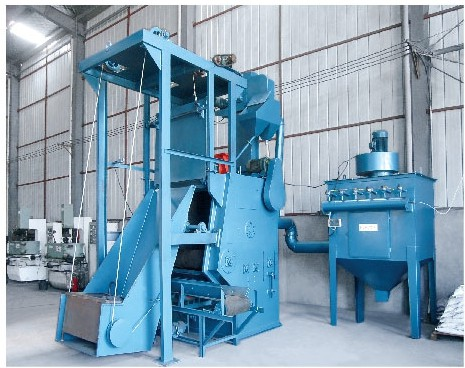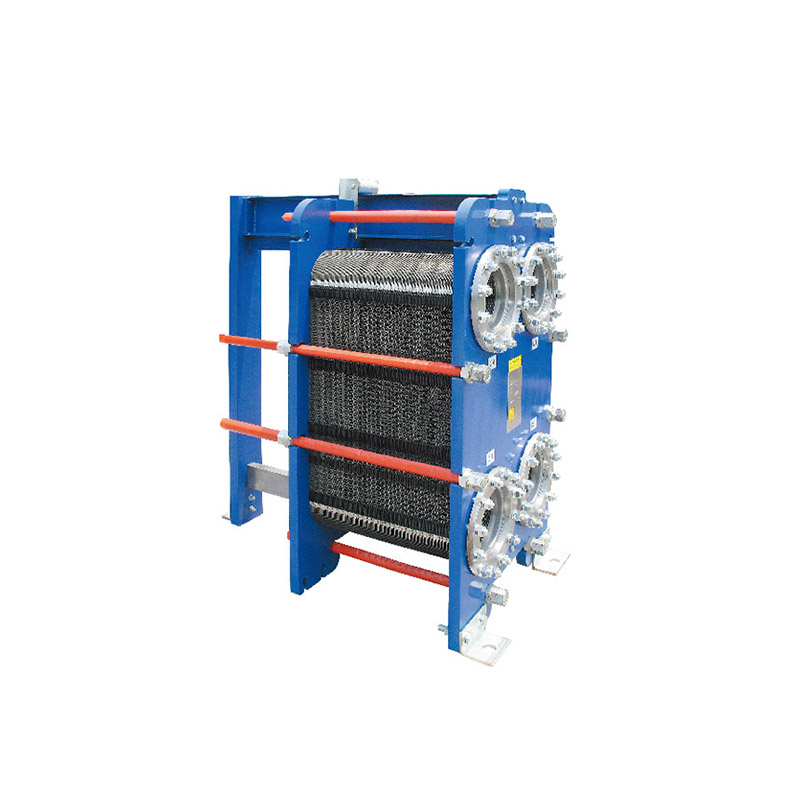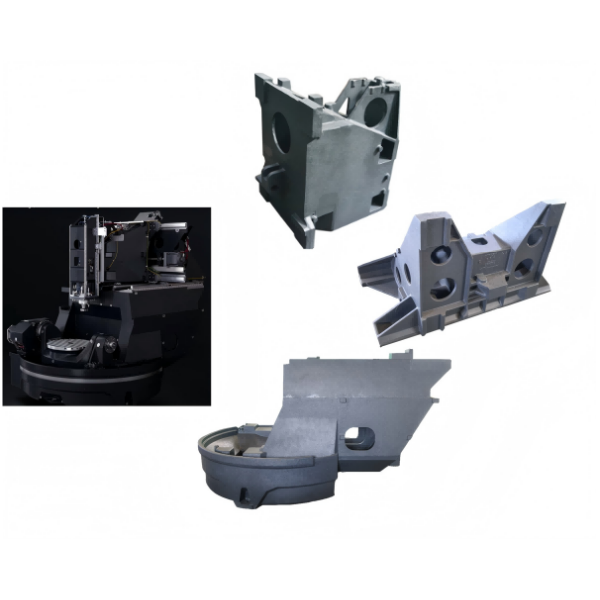In today's fast-paced world, tools play an integral role in various industries, ranging from manufacturing and construction to healthcare and technology. However, many individuals overlook the importance of regular tool maintenance. In this blog post, we will delve into the significance of tool maintenance, exploring its benefits, best practices, and the potential consequences of neglecting this crucial aspect.
- Enhancing Performance and Efficiency:
Regular tool maintenance is vital for ensuring optimal performance and efficiency. Over time, tools can accumulate dirt, debris, and wear, which can hinder their functionality. By implementing a comprehensive maintenance routine, including cleaning, lubrication, and calibration, professionals can maximize the performance of their tools, leading to improved productivity and accuracy in their work. - Extending Tool Lifespan:
Tools are significant investments for any industry, and proper maintenance can significantly extend their lifespan. Neglecting maintenance can result in premature wear and tear, leading to frequent breakdowns and the need for costly replacements. By adhering to a maintenance schedule, professionals can prolong the lifespan of their tools, reducing downtime and saving money in the long run. - Ensuring Safety:
Tool maintenance is closely linked to safety in the workplace. Malfunctioning or poorly maintained tools pose a significant risk to operators and those around them. Regular maintenance allows professionals to identify and address potential safety hazards, such as loose parts, damaged cords, or dull blades. By prioritizing tool maintenance, industries can create a safer working environment, minimizing the risk of accidents and injuries. - Cost Savings:
While some may view tool maintenance as an additional expense, it is, in fact, a cost-saving measure. Regular maintenance helps identify minor issues before they escalate into major problems, preventing costly repairs or replacements. Moreover, well-maintained tools are less likely to cause accidents or damage to materials, further reducing expenses. By investing time and resources in maintenance, industries can achieve long-term cost savings and improve their bottom line. - Reputation and Customer Satisfaction:
Industries that prioritize tool maintenance demonstrate a commitment to quality and professionalism. This dedication enhances their reputation among clients, partners, and customers. By consistently delivering high-quality work facilitated by well-maintained tools, industries can foster trust, customer satisfaction, and loyalty. A positive reputation can lead to increased business opportunities and a competitive edge in the market.
Conclusion:
In conclusion, tool maintenance is a critical aspect of any industry, ensuring enhanced performance, extended lifespan, safety, cost savings, and a positive reputation. By implementing a comprehensive maintenance routine and adhering to best practices, professionals can optimize their tools' functionality, minimize downtime, and achieve long-term success. Neglecting tool maintenance can have severe consequences, including reduced efficiency, increased expenses, and compromised safety. Therefore, it is imperative for industries to prioritize tool maintenance as an integral part of their operations.







+ There are no comments
Add yours